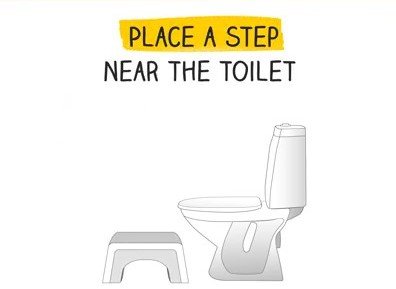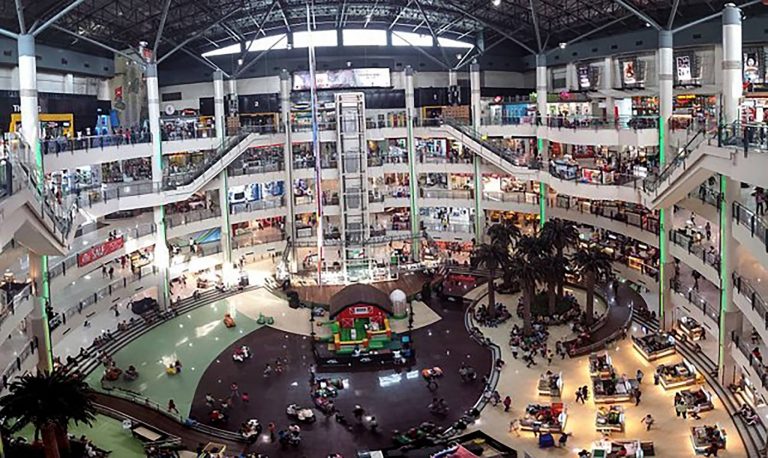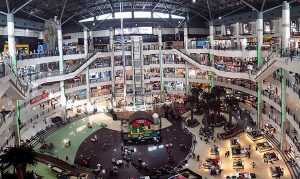ROBOTS:
The middle class seems to be a dying breed these days. Its either you are wealthy or you are low income on the tote pole. All the profits of a company go to the top management and the shareholders who are not part of the company. Used to be the workers who were shareholders and as well got profit share
Now, being fully aware that there is yet no assurances that jobs lost to AIs and robots will definitely be replaced and the required skills are still massively unattainable, it therefore holds high certainty that advances in computing will free up workers for new tasks and create new jobs altogether.
‘Free up’ as in ‘let go’, we will of course be free to explore other opportunities, much as during the great depression where people were free to starve or stand in lines for handouts, etc.
“We are therefore, likely facing a new vision for work, one in which humans work are at higher levels of productivity (think less work, but more output), recourse to co-existing with robots, working side-by-side with personal robots, digital assistants, or other artificial intelligence tools.”
This is a gloss for the kind of productivity one sees in Amazon fulfillment centres. “Rather than being bogged down by easily automated processes, humans can leverage robots to focus on more abstract, creative tasks and bringing about new innovative solutions”
The overwhelming majority of work isn’t ‘abstract, creative’ tasks though, not to mention the fact that majority of people are neither good at abstraction, nor particularly creative. Innovation cannot happen by fiat, and its major driver is the need to make work more efficient, easier or of higher quality.
However, the more we automate, the less there is to do. looking at the automotive industry, one will note that in the US, it has been sucking air for decades. Toyota – nr2 on the market outsells ford, despite protective tariffs.
The auto industry is some 3% of US GDP but it employs progressively fewer people. Looking at historical statistics, we will observe that numbers employed in manufacturing industries is instructive. So as industry is increasingly automated, even if output / productivity rises, numbers of employed crash.
In medicine for example, robots are as of now a significant colleagues in the medicine industry, Although with human oversight. Specifically, “cobots” — effectively programmable robots are made to work with people and upgrade human aptitudes in sensitive medical tasks, like holding surgical blades in the operating theater.
Automotive and logistics are going Electric and Autonomous. Manufacturing is automating and reducing the amount of workers needed. Private sector building logistics, and autonomous networks are limitless in magnitude. With profits built in with the ownership.
So.. let’s just say the 7 robots generate 7 new jobs.. or more… but the 7 jobs that the robots eliminated were most likely done by people that will never be trainable into the 7 new jobs…
7 people left behind.. More and more new jobs available to less and less people, the traditional model falls on its face here. the middle class traditionally provides many of the occupations that will soon be automated out of existence.
The 1933 5th Wheel Invention We Definitely Need Today (Video)
Now one has to use automation as an advantage, the middle class will then be rebuilt by private sector investment in the infrastructure but here are the damning challenges
1) You cannot be a consumer of luxuries when you’re broke.
2) You can’t rebuild the middle class by making it go deeper in debt.
3) Why would we spend our money on value-added propositions when we’re struggling? when you’re strapped, you don’t buy from the local small businesses, but from discounters. Wallmart, Tesco, etc.
But from a different perspective, robots are being looked at exactly if not worse than how computers were being looked at in its early days, many Millennial would know how they grew up listening to “computers will replace you all” and now its because of computers, so many people have jobs.
Robots are going to create so many jobs and most importantly productivity, so things can be cheaper and people can have more free time in their hands too.
And if we do it right, we can rebuild the middle class, this would be a start. But we must build with a new middle class wage structure, including health care and basic infrastructures.




